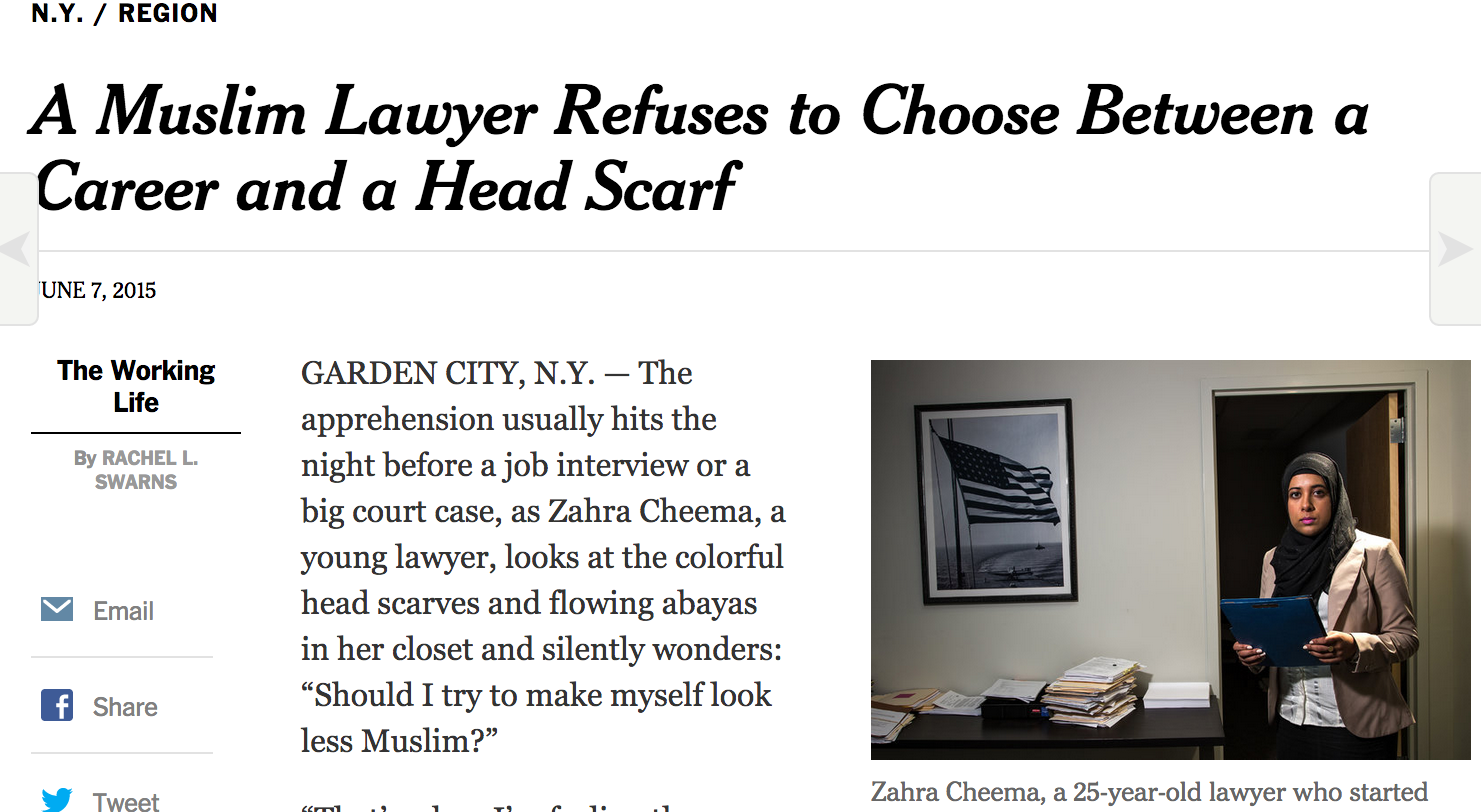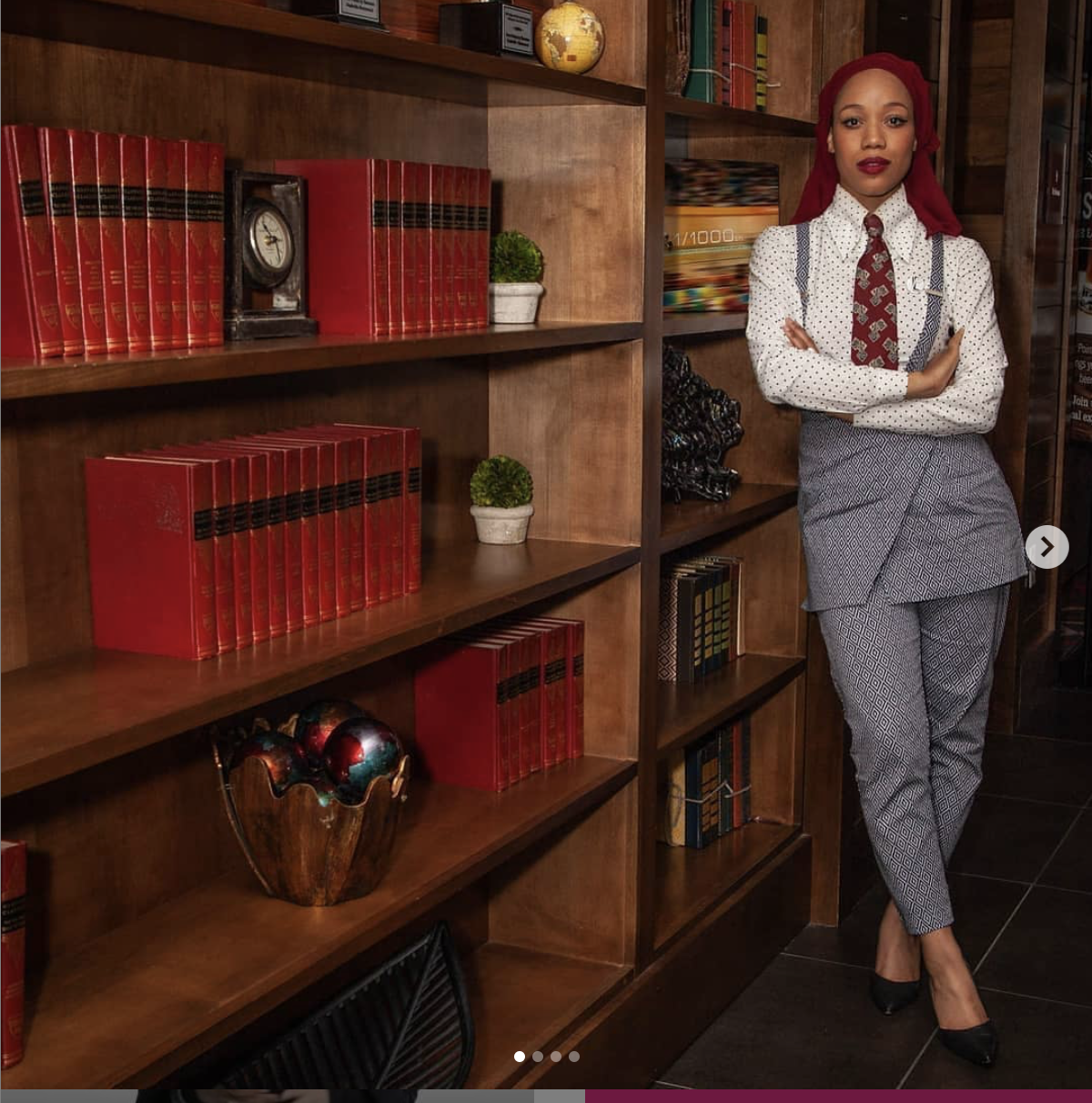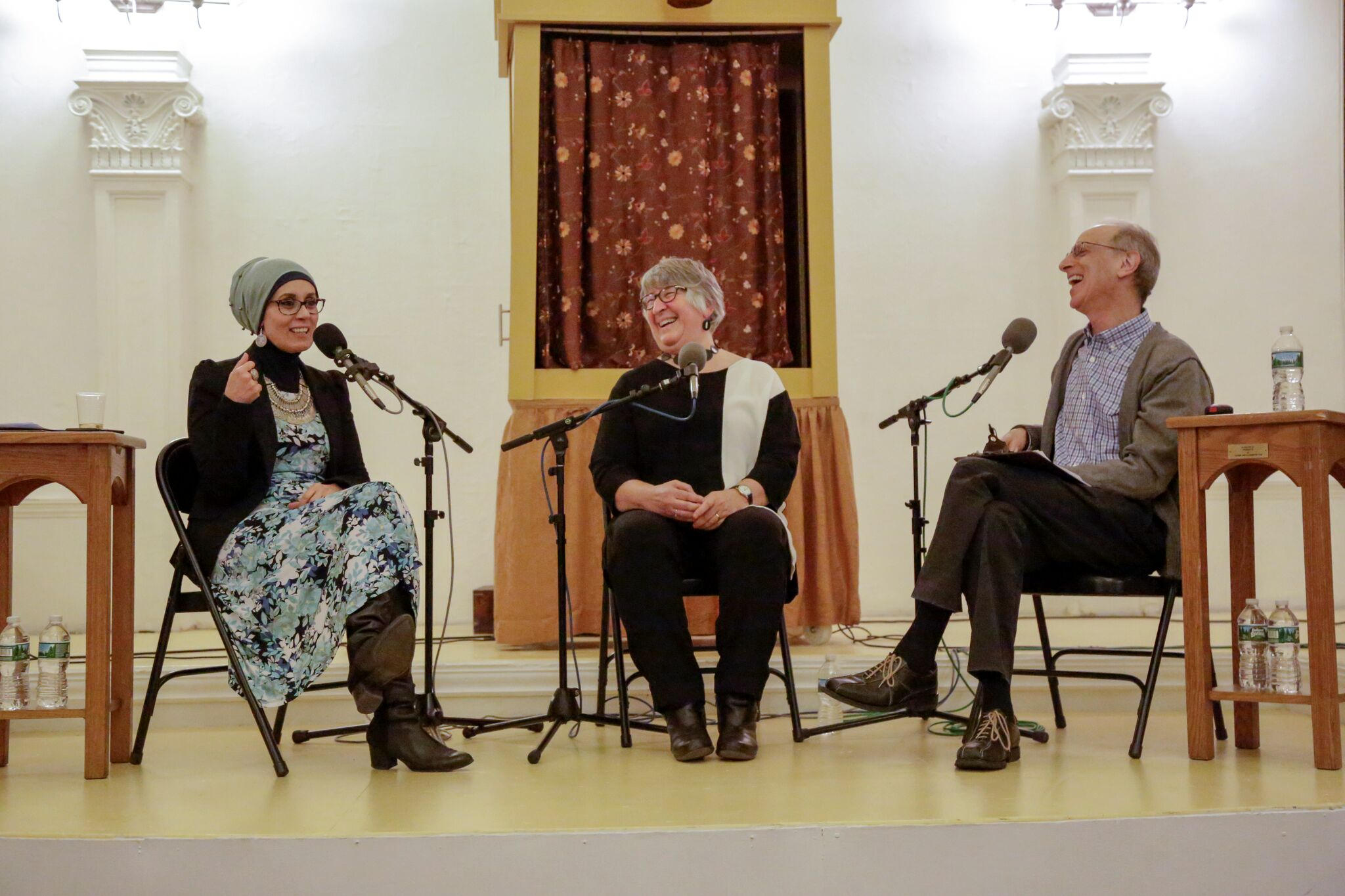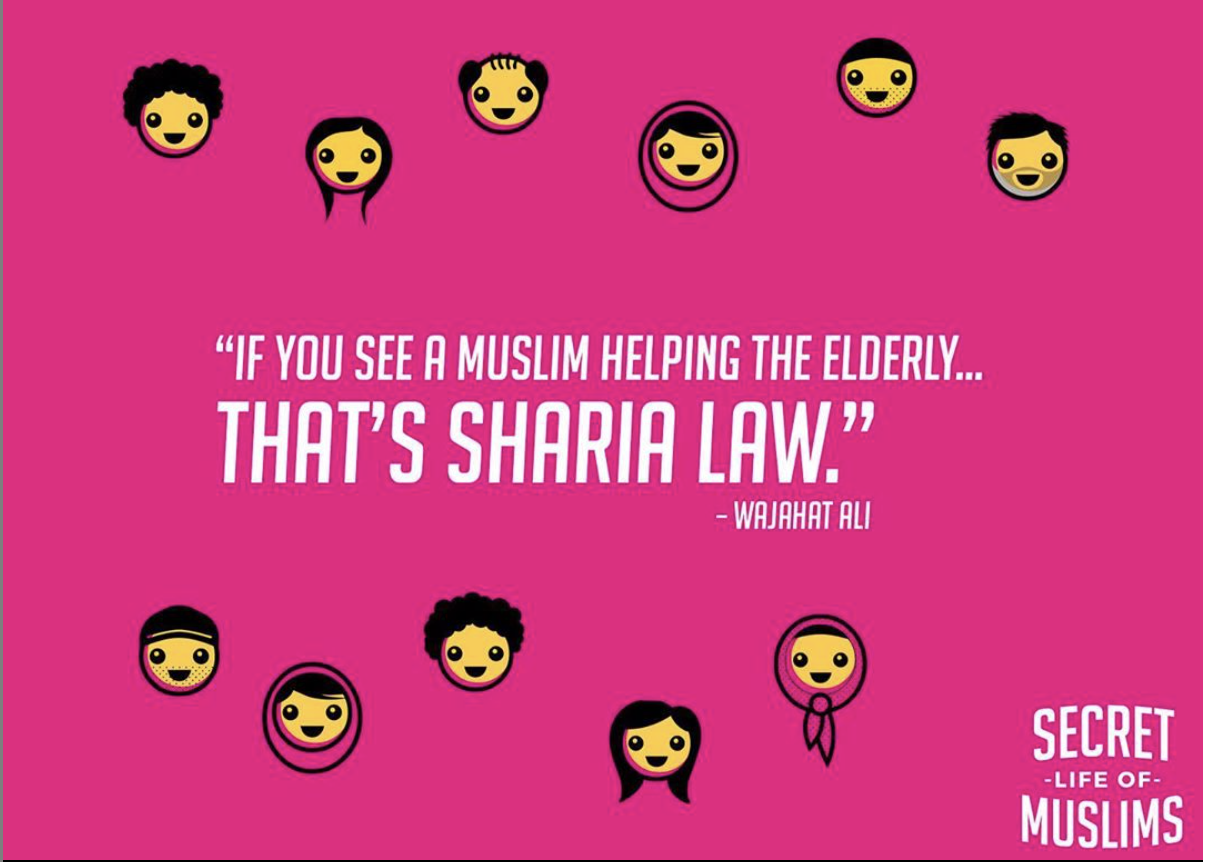Just last week, the U.S. Supreme Court ruled in favor of a hijabi job applicant in a case against Abercrombie & Fitch. The case is one in a line of cases where women in hijab deal with workplace discrimination – one of many problems facing American Muslims in the aftermath of 9/11. In fact, a 2013 study conducted by the University of Hawaii-Manoa found that all aspects of the hiring process, from callbacks to interaction time with potential employers, were hurt by wearing a hijab.
According to the study:
The findings revealed that wearing a hijab had a negative impact in all aspects of the hiring process compared to Muslim women who did not wear a hijab. The field experiment tracked several areas of the hiring process, including the permission to complete job applications, job availability, job call backs, interaction time, and perceived negativity and lack of interest by the employer.
And even after landing the job, Muslim women in hijab–or devout Muslims needing religious accommodations of any sort–are afraid to make those requests due to a fear of being seen as too demanding.
In a recent article, the New York Times discusses workplace discrimination for hijabi lawyers:
The apprehension usually hits the night before a job interview or a big court case, as Zahra Cheema, a young lawyer, looks at the colorful head scarves and flowing abayas in her closet and silently wonders: “Should I try to make myself look less Muslim?”
“That’s when I’m feeling the pressure,” said Ms. Cheema, who wears the hijab, a traditional scarf that covers her hair and neck, whenever she leaves home.
She ponders: Should she wear a long, American-style skirt or the more conservative, full-length abaya that she prefers? There are no easy answers for an observant Muslim woman navigating the workplace.
“Every time I walk into the room, the first thought is, ‘There’s a Muslim,’ ” said Ms. Cheema, 25, the American-born daughter of Pakistani immigrants, describing that moment when she meets with a potential employer or argues a case in court. “I worry that essentially the hijab will override all my other merits.”
…
It can be “very lonely,” said Ms. Cheema, describing her journey from law school to a law firm here. She grew up in a predominantly white town on Long Island, and her secular family initially frowned on her decision to wear the hijab, a step she took when she was a freshman in college.
“They were like, ‘Who’s going to hire you?’ ” she said, recalling her parents’ concerns and her determination to prove them wrong.
Read more.





